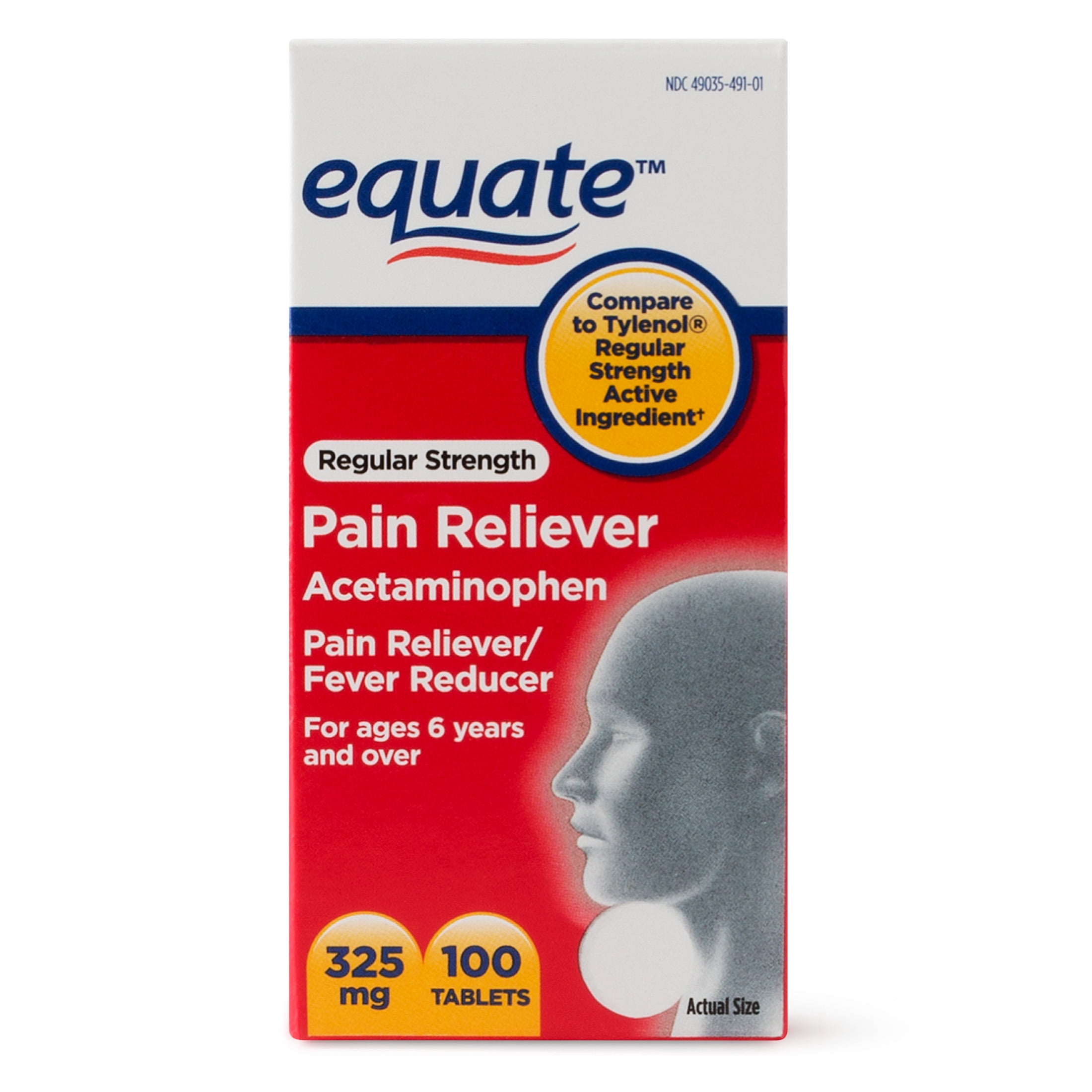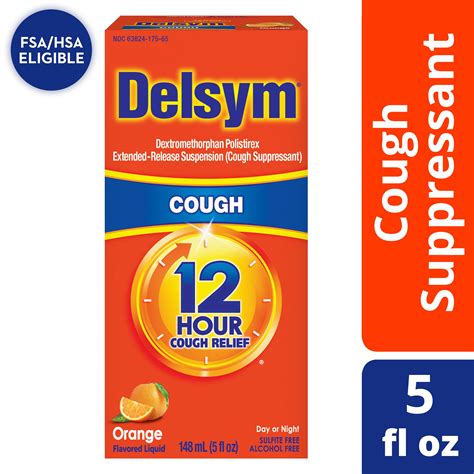Acetaminophen 325 Mg

Acetaminophen, commonly known by its brand name Tylenol, is a widely used over-the-counter medication for relieving pain and reducing fever. The 325 mg dosage is a specific strength of this medication, often prescribed or recommended for various conditions. Understanding the proper use, benefits, and potential risks of acetaminophen 325 mg is crucial for safe and effective treatment.
Introduction to Acetaminophen
Acetaminophen is classified as an analgesic (pain reliever) and antipyretic (fever reducer). It works by increasing the threshold for pain in the brain, making it an effective remedy for headaches, other minor aches and pains, and reducing fever. Unlike some other pain relievers, such as ibuprofen or aspirin, acetaminophen does not have significant anti-inflammatory effects, making it a preferred choice for those who need to avoid stomach irritation or have certain conditions where inflammation is not the primary concern.
Uses of Acetaminophen 325 Mg
The 325 mg dosage of acetaminophen is generally used for the relief of mild to moderate pain, such as:
- Headaches: Including tension headaches and migraines.
- Muscle Aches: Often resulting from overuse, minor injuries, or viral infections.
- Back Pain: Mild to moderate back pain, whether acute or chronic.
- Menstrual Cramps: Relief from the pain associated with menstrual periods.
- Toothaches: Temporary relief of toothache pain until dental care can be obtained.
- Fever Reduction: Helping to reduce elevated body temperature, which can accompany infections.
Dosage and Administration
The recommended dosage of acetaminophen varies by age and weight. For adults and children 12 years and older, the usual dose is 325 to 650 mg every 4 to 6 hours as needed, not to exceed 4 grams (4000 mg) in 24 hours unless directed by a doctor. It’s crucial to follow the instructions on the label or as provided by a healthcare provider to avoid overdose.
Safety Considerations
While acetaminophen is generally safe when used as directed, there are important safety considerations:
- Liver Damage: Acetaminophen overdose is a leading cause of acute liver failure. The risk is higher in individuals who drink alcohol heavily or have pre-existing liver disease.
- Allergic Reactions: Though rare, allergic reactions can occur, manifesting as hives, itching, swelling, severe dizziness, or trouble breathing.
- Interactions: Acetaminophen can interact with other medications, including blood thinners, and decrease their effectiveness or increase the risk of side effects.
Caution in Special Populations
- Pregnancy and Breastfeeding: Acetaminophen is generally considered safe during pregnancy and breastfeeding when used at recommended doses. However, it’s essential to consult with a healthcare provider.
- Children: Dosing in children is based on weight, and parents should carefully follow the instructions on the label or given by a healthcare provider to avoid overdose.
- Older Adults: Older adults may be more sensitive to the effects of acetaminophen and should carefully monitor their dosing.
Alternatives and Complementary Therapies
For individuals who cannot use acetaminophen or prefer not to, several alternatives and complementary therapies are available:
- Ibuprofen and Naproxen: These nonsteroidal anti-inflammatory drugs (NSAIDs) can relieve pain and reduce inflammation but come with their own set of risks and side effects.
- Aspirin: Useful for pain relief and as an anti-inflammatory, but not recommended for children due to the risk of Reye’s syndrome.
- Topical Creams and Patches: For localized pain, topical treatments can provide relief without the systemic effects of oral medications.
- Natural Therapies: Such as acupuncture, herbal remedies (though these should be used with caution and under advice), and physical therapies like massage or chiropractic care.
Conclusion
Acetaminophen 325 mg is a common dosage for managing mild to moderate pain and reducing fever. While it is generally safe and effective, understanding the proper dosage, potential interactions, and safety precautions is essential to avoid adverse effects. Always consult with a healthcare provider if there are concerns about the use of acetaminophen or any other medication.
What is the maximum dose of acetaminophen I can take in a day?
+The maximum recommended dose of acetaminophen for adults is 4000 mg in 24 hours. However, it’s crucial to follow the specific instructions on the medication label or as provided by your healthcare provider, as they may recommend a lower dose based on your individual health needs.
Can I give acetaminophen to my child?
+Yes, but with caution. Acetaminophen is available in formulations for children, and the dose is based on the child’s weight. It’s essential to carefully read and follow the label instructions or consult with a pediatrician to ensure the correct dose is administered.
Are there any foods or drinks I should avoid while taking acetaminophen?
+While taking acetaminophen, it’s recommended to avoid or limit alcohol consumption due to the increased risk of liver damage. Additionally, grapefruit and grapefruit juice may interact with acetaminophen, though the evidence is not as clear-cut. Consult with your healthcare provider for personalized advice on diet and medications.



